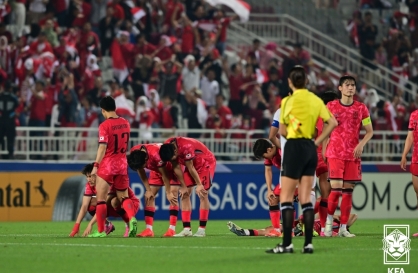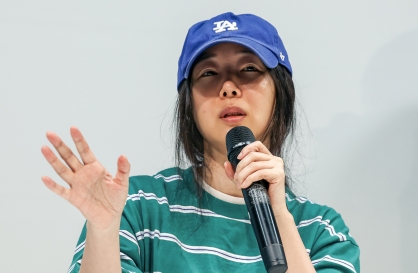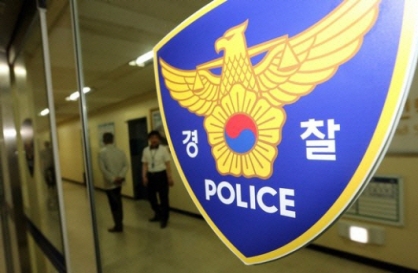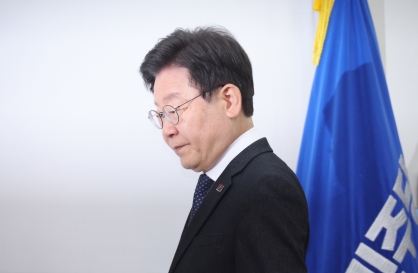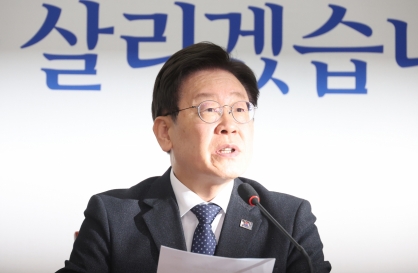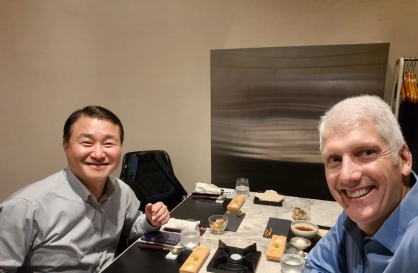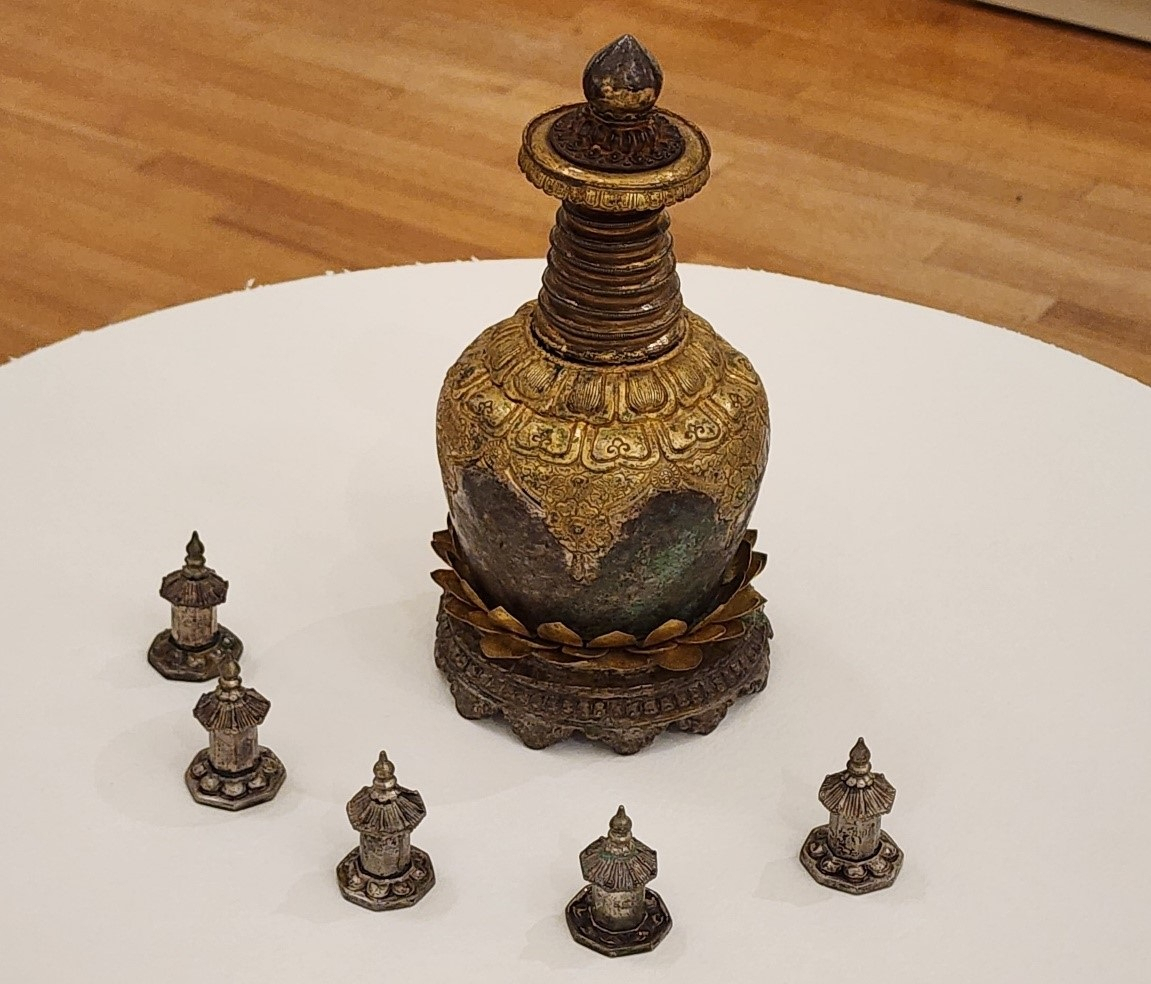 |
A Lamaistic reliquary from the 14th century is displayed at the Museum of Fine Arts, Boston. (Hyemun) |
The Museum of Fine Arts, Boston said it would review any claims of theft if such evidence is presented concerning a Buddhist reliquary that South Korea is looking to repatriate, ahead of talks over the issue Monday morning in the US.
Karen Frascona, the museum’s marketing and communications director, told The Korea Herald that “there is nothing in its history to indicate theft, looting or coercive transfer.”
Negotiations over the Buddhist relic from the Goryeo Kingdom (918-1392), which contains sarira -- the remains of Buddhist masters found after cremation -- broke down in 2013, when Korea sent an ultimatum saying both the container and the sarira should be returned together, a demand the museum rejected. The museum was willing to return only the sarira because the container had been lawfully acquired from a dealer; the sarira would be returned because of the religious significance.
Monday’s talks at the museum, the first in-person meeting between Korean government officials with museum officials, will go over the same details, with the head of the Korean delegation declining to shed light on any new information that could arise in the latest meeting.
Choi Eung-chon, chief of the Cultural Heritage Administration, the agency spearheading the repatriation efforts, said he was looking to “make some progress,” attributing the resumption of talks after 11 years to first lady Kim Keon Hee.
She openly suggested repatriating the antiquities as one whole piece during her visit to the museum, which was made during President Yoon Seoul Yeol’s state visit to the US in April last year. In November of the same year, a local activist group led by a former Buddhist monk reached out to the museum in person over the matter, but returned without striking any compromise.
The November talks, however, marked a shift for the state agency in charge of cultural heritage. The Cultural Heritage Administration, which was not part of the meeting, openly dropped its demand that the relic be repatriated as a complete set. The change came about because the Jogye Order of Korean Buddhism, a former owner of the Buddhist objects, said it was willing to receive the sarira first.
A 2022 repatriation where the US museum returned a pair of terra-cotta figures to Mali is a different case from that involving South Korea, according to Frascona.
“In the case of Mali, we had very specific information and documentation showing that the items had been illicitly excavated, when, and from where; we also knew exactly when they had left Mali,” she said.
